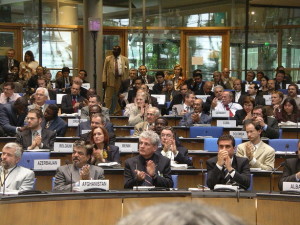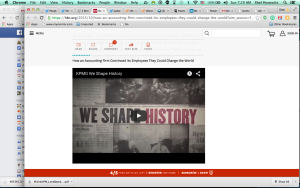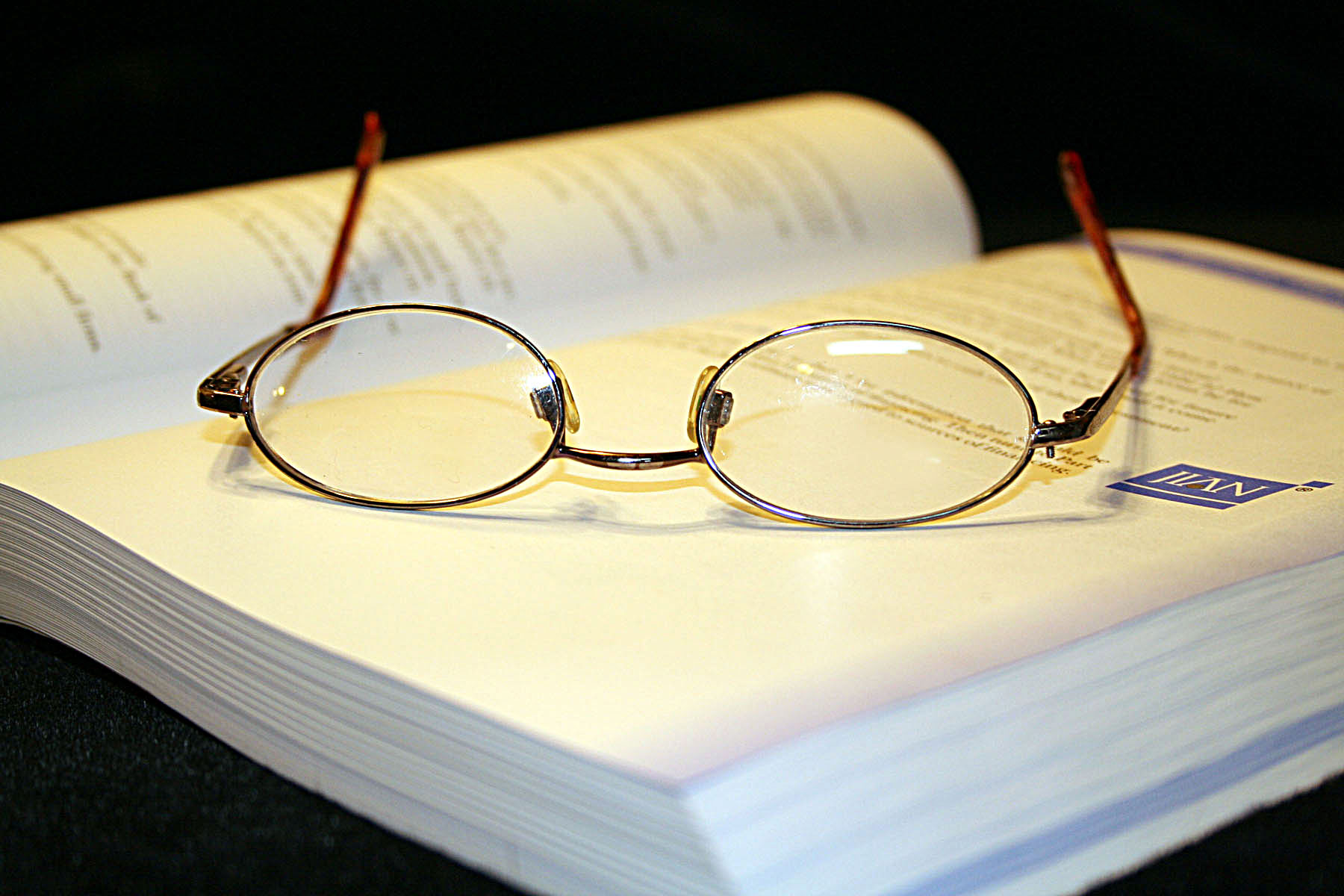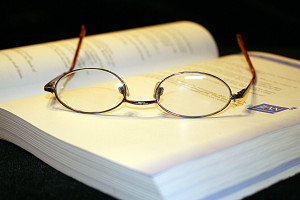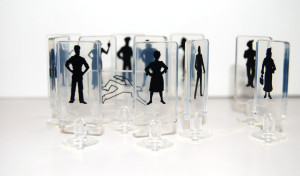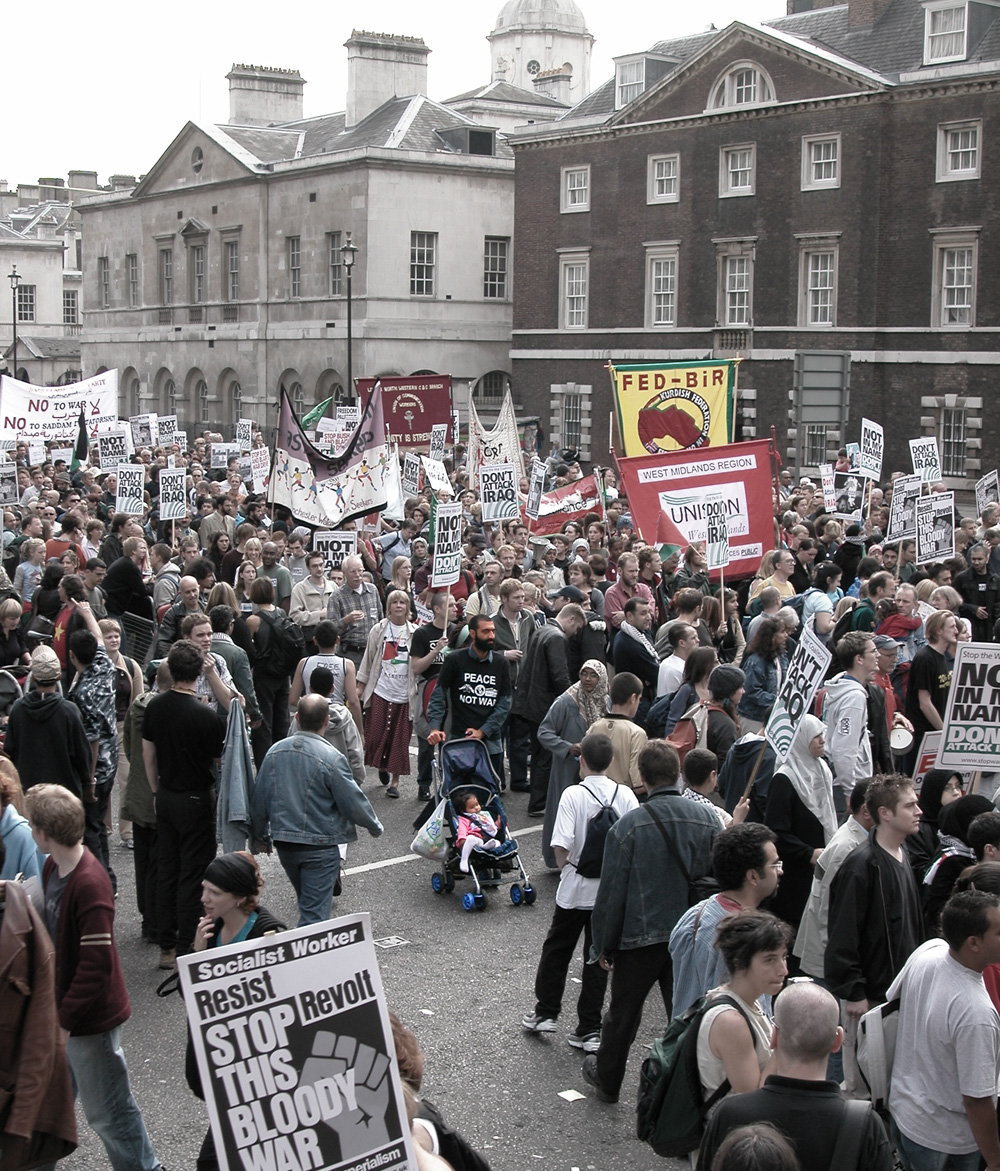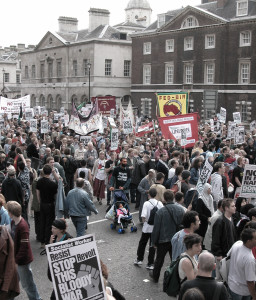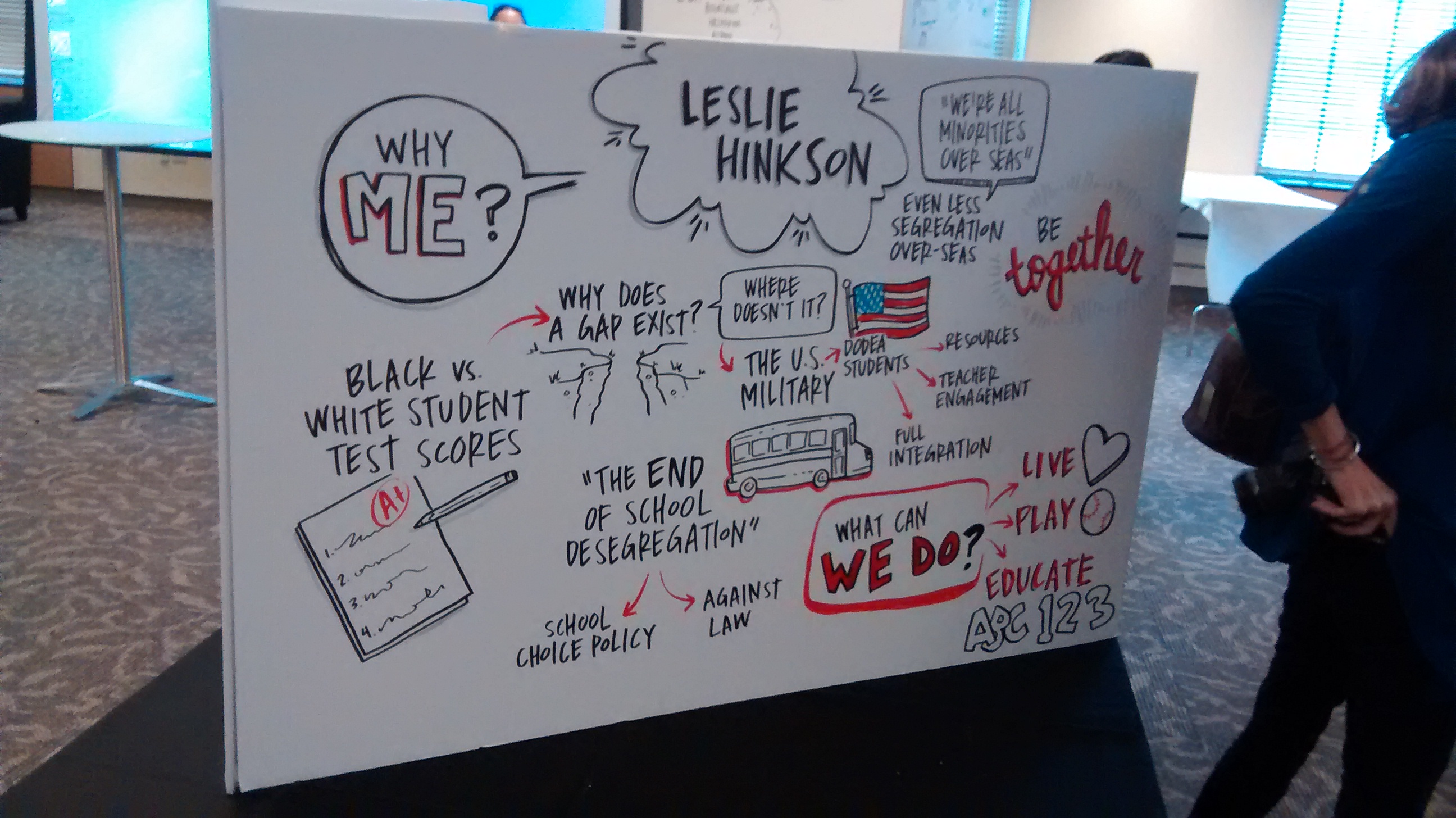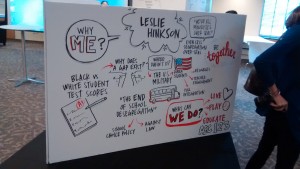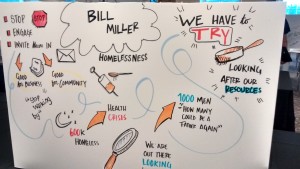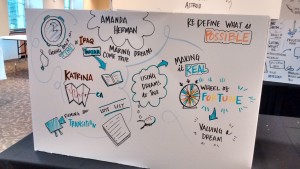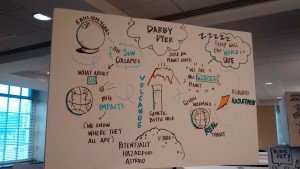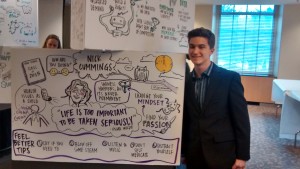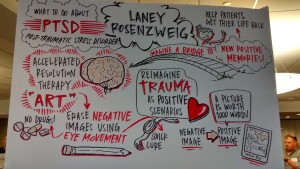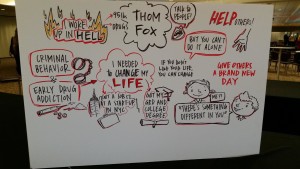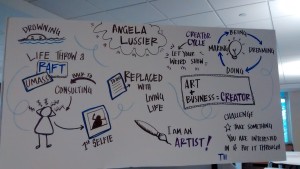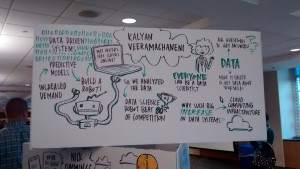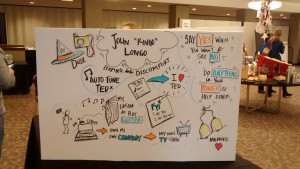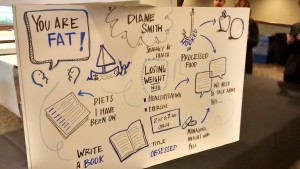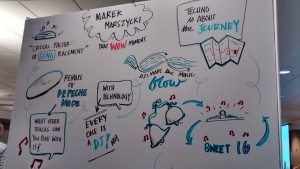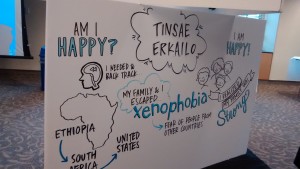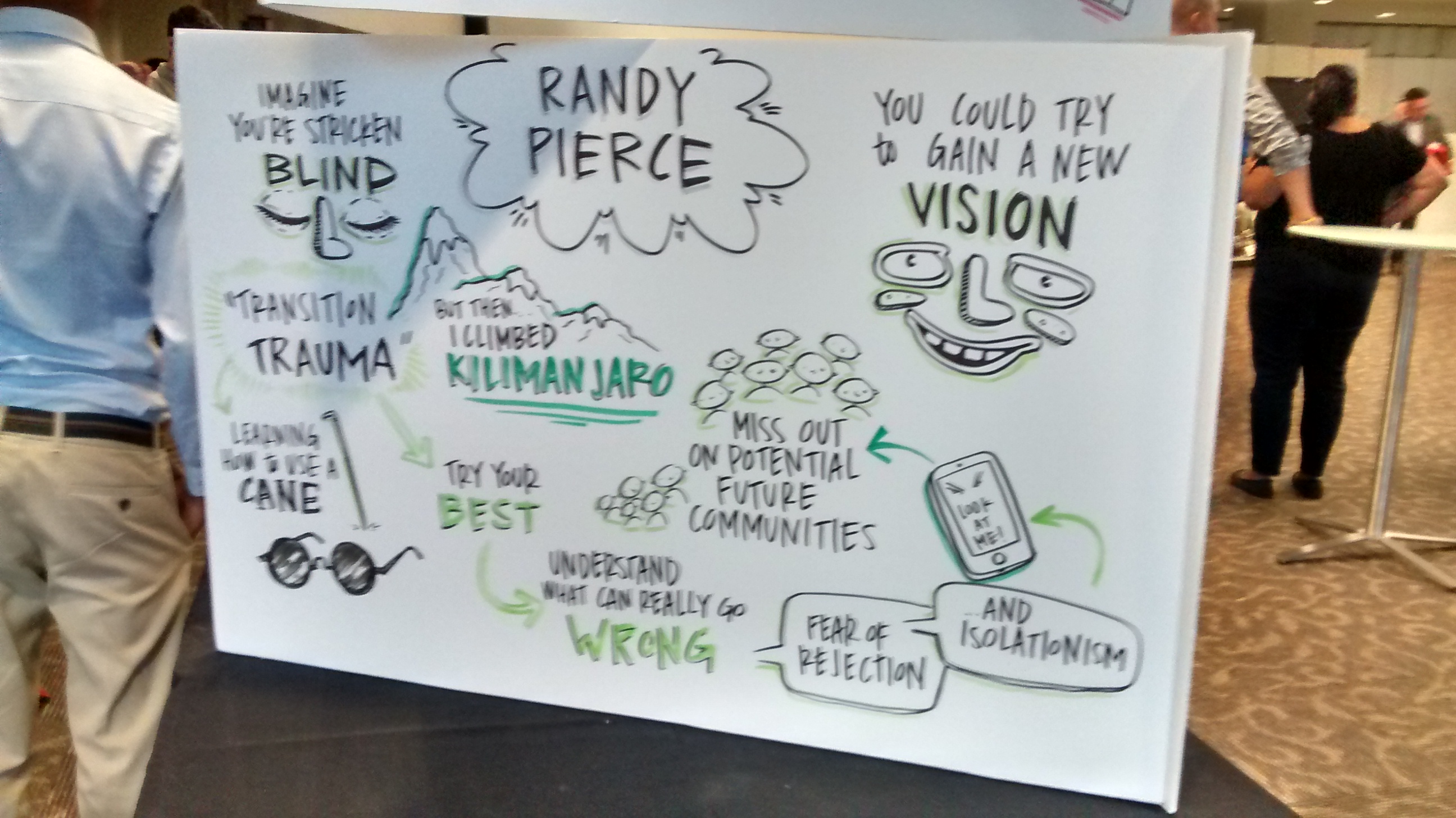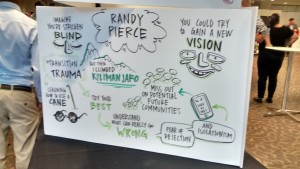Despite Racism, US is Still a Beacon
So much of the news is bad right now. Both my local papers had the same depressing Associated Press article this morning. In the years since Sandy Hook, apparently, many states have made it EASIER to carry guns and basically nothing has been done to bring gun violence back to levels typical of most civilized countries.
Another article talks about the attacks by Republicans in Congress on our democratic society, on the environment and the new #COP21 climate agreement just hashed out, and even on medical benefits for 9/11/01 first responders, among the other bad stuff they have in store.
“What does he mean by ‘attacks on our democratic society?'” you ask. I’ll answer with a couple of excerpts from the article:
The trucking industry wants to allow longer tandem trucks and block rules requiring added rest for drivers.
If you don’t think that’s an attack on our democracy, consider the consequences if the driver of a supersize truck falls asleep at the wheel and crashes into a school bus. There’s the human cost of an avoidable tragedy, of course, but also the financial burden on cities and counties already squeezed to the bone. It will be the safety net that gets shredded.
Financial companies want to ease tighter regulations imposed by the 2010 Dodd-Frank law.
Have we learned nothing from the debacle of 2007-08?
And there are efforts to repeal a law requiring that meat be labeled with its country of origin…and to block mandatory labels for genetically modified foods
Whatever happened to consumers’ right to know?
And then, of course, there’s the usual run of Islamophobic racism in our land built by immigrants, many of them refugees:
Republicans want to include a House-passed bill restricting Syrian refugees trying to enter the U.S. Faced with an Obama veto threat, that may be replaced by a measure, approved with bipartisan support by the House, restricting visa-free entry into the U.S. by many foreigners.
These Republican politicians forget that they are also descended from people who came here seeking a better life.
It happens that I sent a birthday greeting on Facebook to a Muslim (Pakistani immigrant) friend yesterday (I happened to sit next to him at a Bruce Springsteen concert several years ago, and we’ve stayed in touch). His response and the dialog we’ve had is relevant to the conversation. I reprint with his permission:
Him:Thank you Shell….. It’s been an awesome few weeks. Finally became an American citizen and celebrated my birthday the same week.Me:Wow, congrats. We’ll have to change that Springsteen song (did he sing it the night we met? I don’t remember) to “CHOSE the USA!” It’s a powerful time to make that choice, with anti-Islamic crazies running high-poling campaigns for president.Him:Lol…. The same day I received my naturalization, Trump opened his mouth …. Lol…. It was funny…. However, the support has been wonderful from friends and coworkers.Me:All I can do is shake my head in wonder. He is sounding more like a Nazi. It shakes my faith in America that he has measurable support. My best hope is that he doesn’t get the nomination but gets close enough that he runs as an independent. And Hillary (more likely) or Bernie (my preferred choice) leads a Dem sweep that gets not just the WH but both houses of Congress and we can actually get some stuff done around here. Of course, US media has been playing up anti-Arab and anti-Islamic bigotry since at least the 1970s oil crisis–even though other than 9/11, Fort Hood, and this recent tragedy in California, most of the gun violence is at the hands of people who self-identify as Christian (I don’t think Christ would agree with their claim).It just occurred to me as I hit send that this might make a good blog post. May I have your permission to reprint your comments–you can be an anonymous “Muslim friend” or I can name you.Him:Sure. Trump is just an attention seeking idiot. Amazing that a reality star, upstart millionaire can received so much attention …. Lol.

